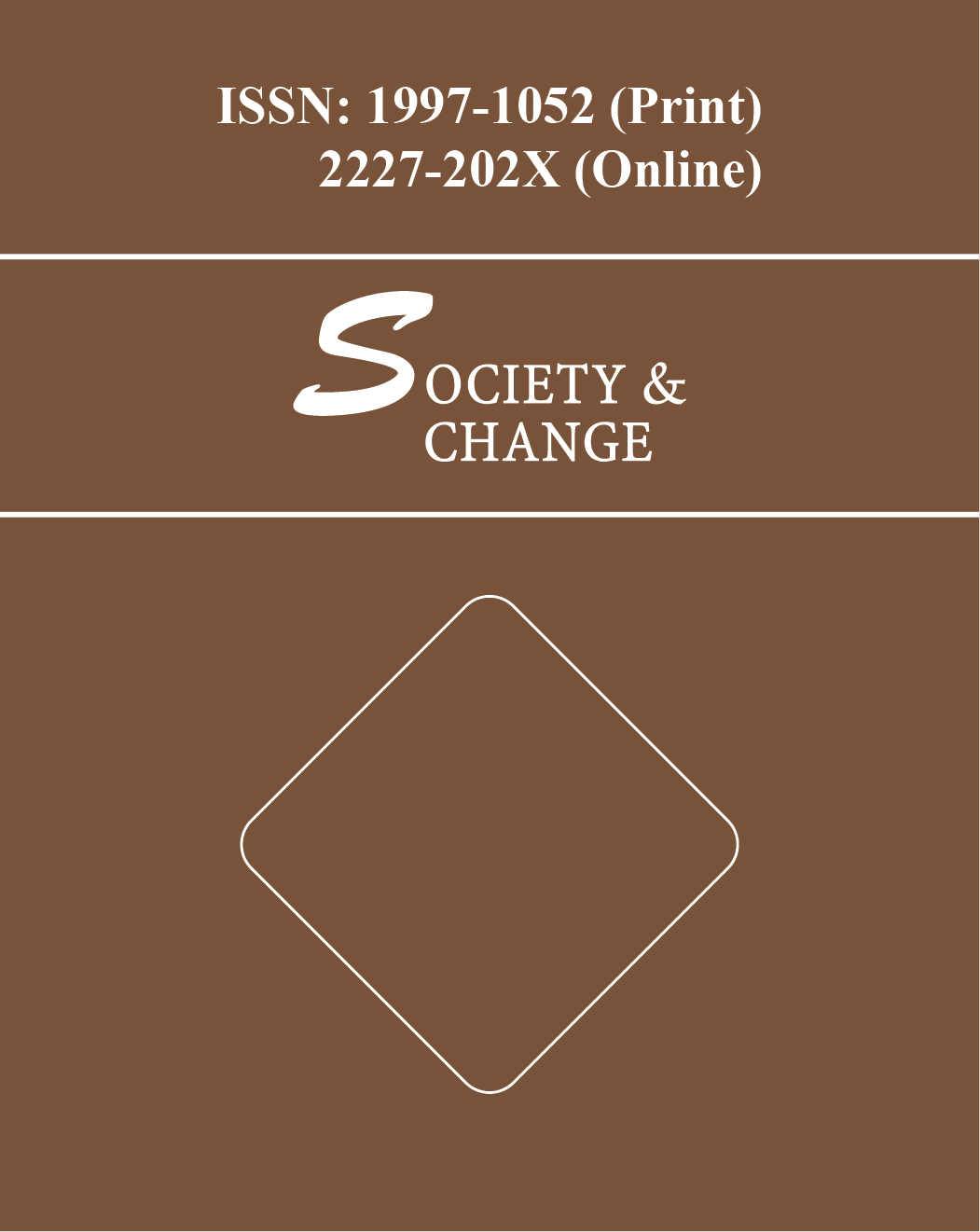Since 1945, after the decline of cold war it was a common wisdom that most developing countries would catch up with the level of economic development and social welfare achieved by industrialized countries by imitating their model of development. Soon the common wisdom withered away and it was globally felt that utterly imitation of development model of developed countries will not result in economic development. So a major change in economic approach and consequently in development discourse took place. International Financial Institutions (IFIs) like World Trade Organization, World Bank and International Monetary Fund emphasized on Trade Liberalization and Structural Adjustment Programs (SAP) in the development discourse and prescribed it for developing countries. But due to its inherent nature of exogenous development programs, governments of developing countries at the national levels lost their maneuverability in formulating, implementing, and evaluating national programs and policies. International development discourse, therefore, has declined ‘Country Ownership’ in the development strategies. In this context, this paper considers World Development Report 1980 and World Development Report 1990 as international development discourse. Using Escobar and Foucalt’s conceptualization of development discourse and Buiter’s concept of ‘Country Ownership’ this paper argues that international development discourse has declined ‘country ownership’. The paper also investigates how international development discourse marginalizes local inclusion in the development programs and consequently analyzes how it turns out to be anti-developmental for developing countries.



 Additional Indexing
Additional Indexing